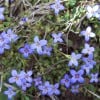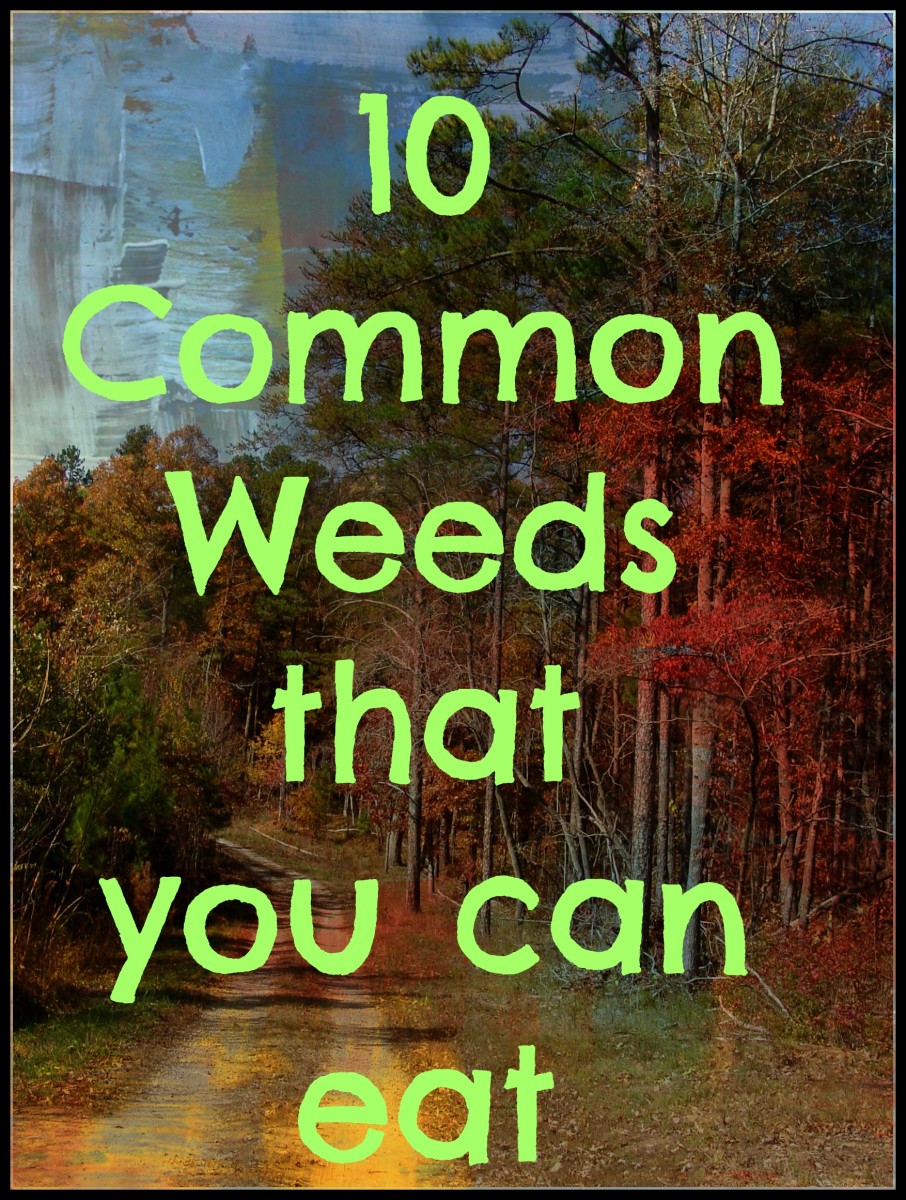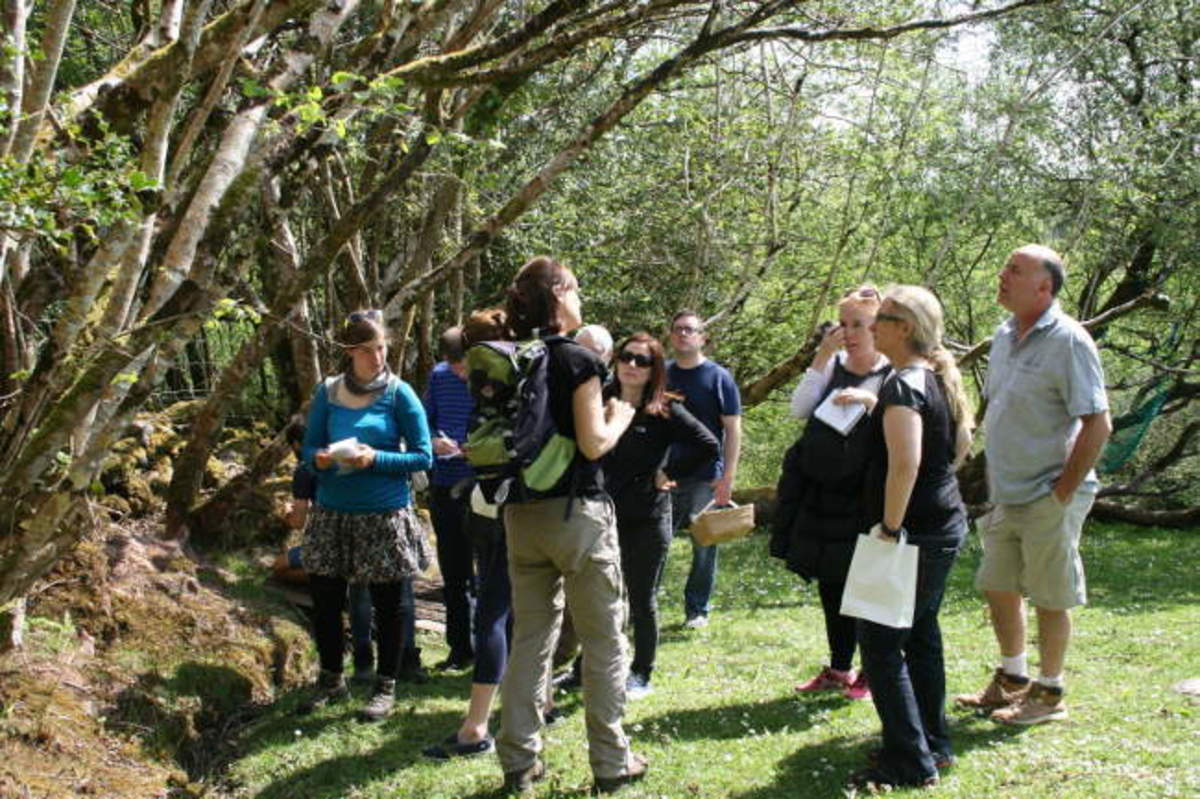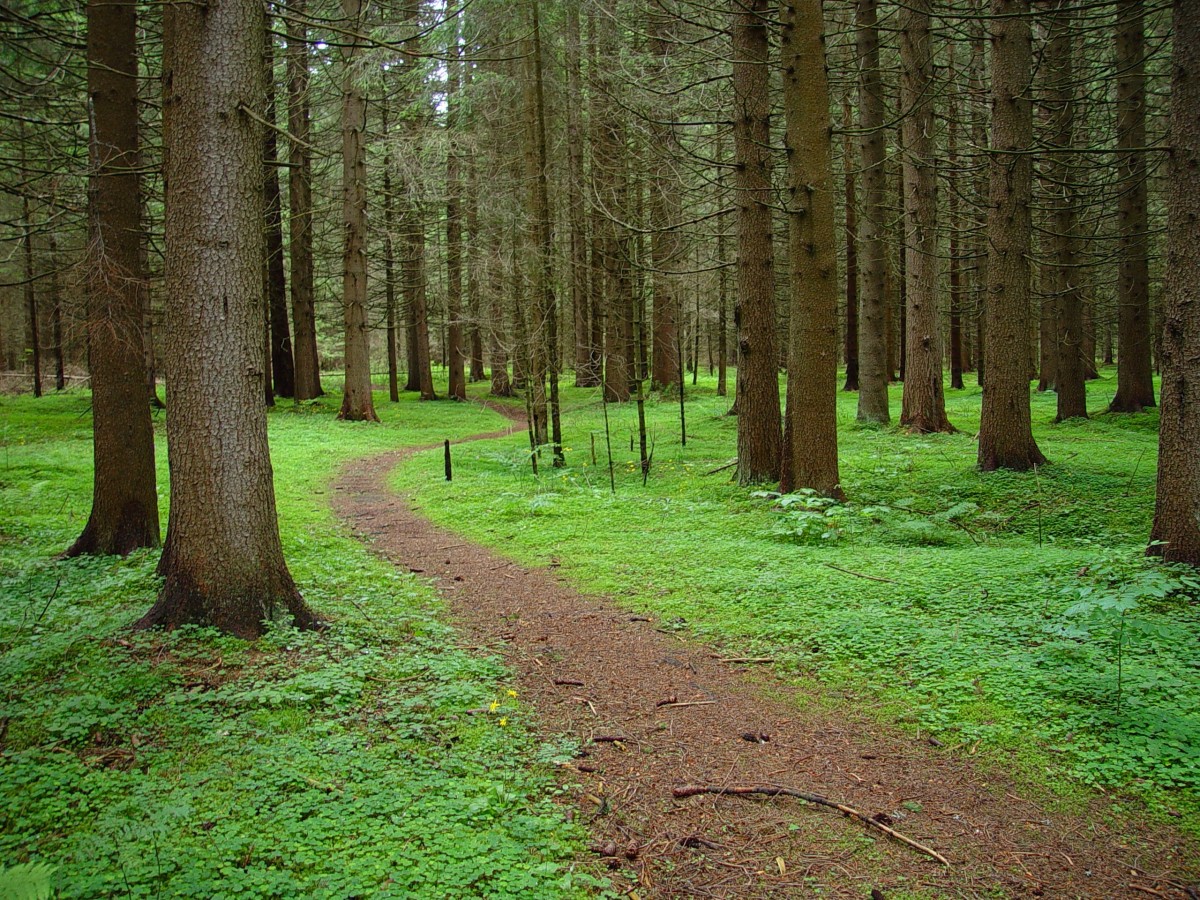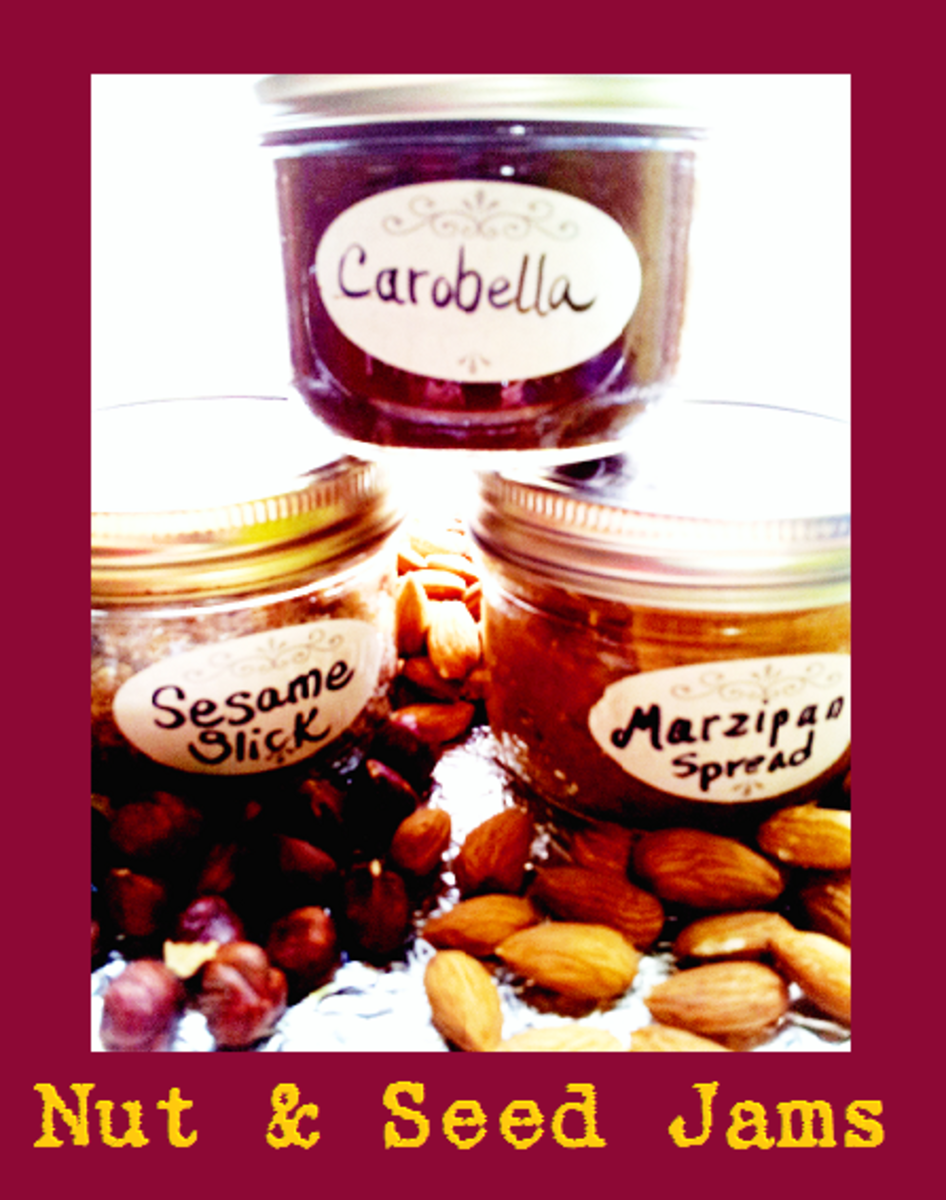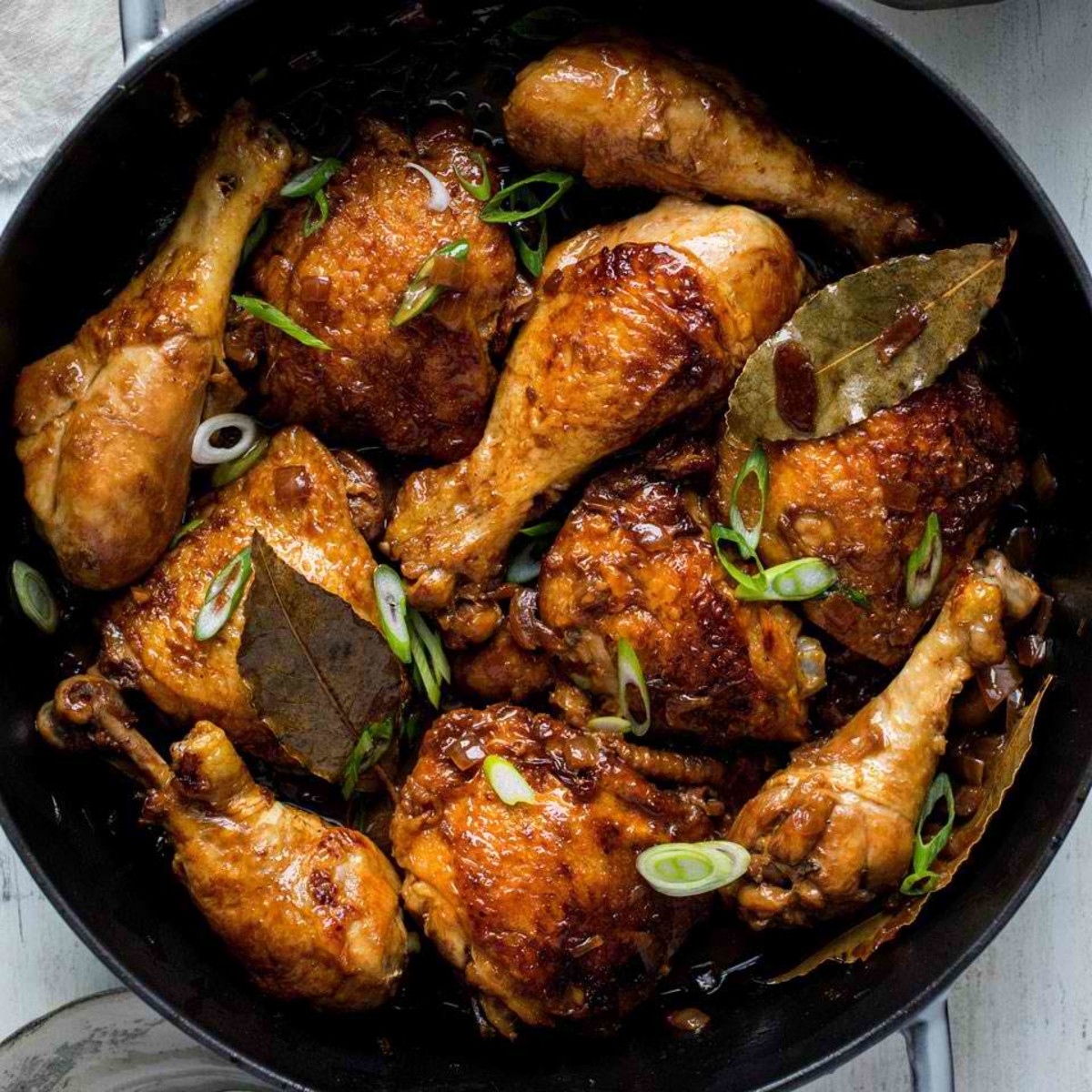Free Food Foragers Beware!
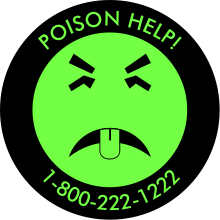
Always Lean Toward Caution
I have been writing Hubs about obtaining and using free, wild food recently. So I think I would be lax if I didn't also write a Hub about being very careful about what a person forages from the environment.
Always, always, always KNOW WHAT YOU ARE EATING! If you are not sure a plant is safe to eat, DO NOT EAT IT! I can't stress this enough. Some very pretty plants can make you sick, or even kill you.
If you are new to foraging, get to know the wild plants in your area. Take along a few books with good photos as well as descriptions of the plants you are looking for. Get to know experienced foragers in your area who are willing to teach you what they know. Take a class on native plants in your area. Research wild plants from your area on the internet. Speak to horticulturists in your area. Contact state agencies that provide information about the native plants in your state or region. Take along a camera and photograph any plant you are interested in and want to find out about. Do all you can to be well informed about what is safe and what is poisonous in the wild plant kingdom where you plan to forage, BEFORE YOU EVER TAKE A SINGLE BITE!
The old saying "Leaves of three, let it be" is not only applicable to poison oak and poison ivy. Other three leaved plants that cause no skin irritations can make you very ill if ingested. But not all three leaved plants are harmful. Rather than guess, find out for sure which ones are good, and which ones are not, before eating any three leaved plant.
Plants with creamy or milky sap are plants to avoid. Again some plants with this trait may be okay to eat. But unless you are 100% positive a plant is edible, NEVER eat a plant with a creamy or milky sap.
You may hear someone say something along the lines of, "If the animals are eating it, it's okay." That simply IS NOT TRUE! For example deer, pigs, squirrels, and other animals eat acorns. And while humans can, in fact, eat acorns (and I believe they should) they must be completely leeched to remove the tannin from them before they are edible to humans.
Some poisonous wild plants look almost exactly like their edible "cousins". Case in point: Wild carrots and hemlock. To confuse these two plants could have terrible consequences. So as always, be sure what you are eating. NEVER GUESS!
There are plants that are okay to eat in certain seasons only. Then during other seasons they are very, VERY bad for you! Like Poke Weed, or Poke Salad. It is edible when young and small. But as it gets bigger and bigger it becomes poison. And even when harvested young, it should be pare boiled, just to be on the safe side.
Even plants we all eat on a regular basis can have poisonous properties. Did you know the seeds, or "eyes" of the potato are poisonous? Apple seeds produce a chemical that is poisonous when mixed with our digestive fluids. Many people don't know this. More people do not know what is dangerous when foraging!
Some plants are good to eat before they are wilted. Other plants are only safe after they are dried.
Foraging can be confusing, and perplexing. So always practice caution!
Some people recommend a step by step testing method for deciding if a wild or foraged plant is edible or dangerous. I DO NOT recommend this type of method, unless in a true survival situation. So I will not post a Hub on the steps. I not only encourage everyone to learn before foraging, I urge it! Also, since one person's tolerance to certain toxins may vary for another person's, no TRUE method can be said to qualify in every situation.
If you have eaten a foraged food and begin to feel sick, disoriented, develop difficulty breathing, or experience any other adverse symptoms, seek medical assistance without delay! Bring a sample of what you have eaten with you to your medical professional, so they can more quickly decide on a treatment method.
I hope everyone who is interested in harvesting wild food will practice SAFETY FIRST! Learn all you can before you trek out into nature in search of free food. Be responsible. Stay safe and healthy!
